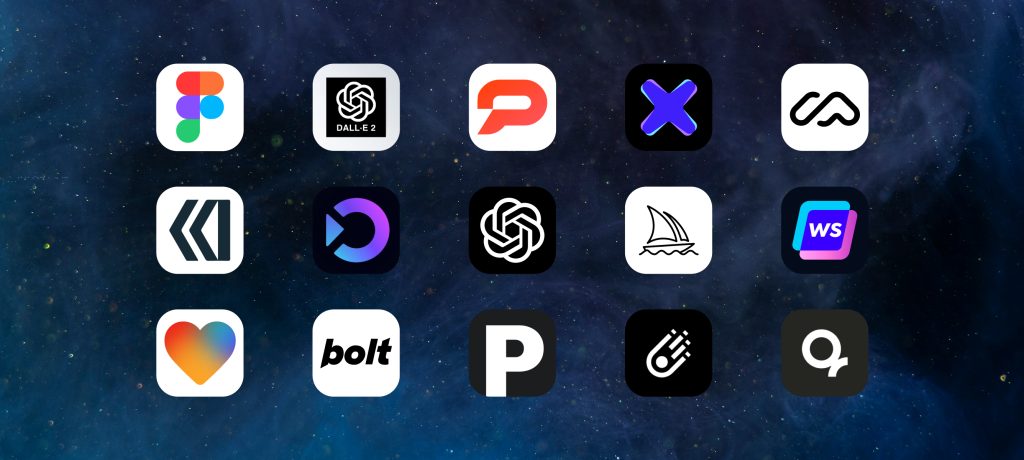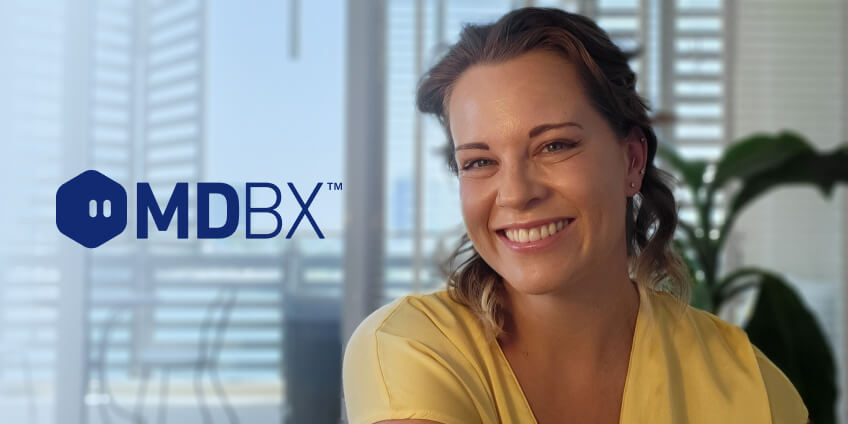Over the last few years, ESG investing has become one of the most sought-after methods of investing. It focuses on creating financial returns while also taking into account the influence of investments on the environment, society, and corporate governance. But has ESG investing lived up to its expectations? The response is complex, as the approach is still quite novel, and its effects are still being evaluated. Nevertheless, it is clear that ESG investing has gained immense traction, with both large institutional investors and individual investors considering its potential for strong returns. Going forward, more research is needed to understand the real potential of ESG investing and guarantee that it continues to fulfill its pledge. This article examines the emergence of ESG, how Modus is aiding and supporting sustainable development through its investment strategy, what it involves, and the future.
The Dawn of ESG Investing
Back in 2004, the UN and a group of financial institutions published a report titled ‘Who Cares Wins’ outlining guidelines on better integrating environmental, social, and corporate governance (ESG) issues in asset management, securities brokerage services, and associated research functions. It aimed to demonstrate that the way ESG issues are managed form part of companies’ overall management quality to compete successfully in a more globalized, interconnected, and competitive world. It argued that companies that perform better concerning these issues could increase shareholder value by managing risks, anticipating regulatory action, or accessing new markets, while at the same time contributing to the sustainable development of the societies in which they operate.
Institutional investors bought into the concept and spurred demand for ESG-linked investment products, to which asset managers obliged. The AUM under these strategies accelerated, reaching $2.2 trillion in 2015 and $18.4 trillion in 2021, poised to grow to $33.9 trillion by 2026 (source). Clearly, ESG investing is the way forward, and nearly eight out of ten institutional investors plan to increase allocations to ESG products over the next two years and nearly nine in ten have either already rejected or stopped investing with a specific asset manager or would consider doing so due to shortcomings in the manager’s ESG investment strategies (source).
Modus & ESG
We are investors in MENA and Sub-Saharan Africa, looking to create positive and impactful returns while developing and supporting sustainable growth. We have designed our investment strategy across three pillars: institutional impact, financial impact, and operational impact. We believe that investment opportunities must be evaluated mainly through a financial lens, while ESG must be used as a tool to leverage and bring in best practices to develop long-standing companies that create a positive impact on the region. We actively work with our companies and institutional frameworks to better align with the UN’s SDGs and believe that businesses that consider their impact on all stakeholders are better poised to create value above those which do not.
Has ESG Delivered on its Promise?
The short answer is no. In a U.S. Mutual Fund market study conducted by Samuel Hartzmark and Abigail Sussman, titled ‘Do Investors Value Sustainability? A Natural Experiment Ranking and Fund Flows’ did not find evidence that high-sustainability funds outperform low-sustainability funds (source). However, according to Bloomberg, in choppy market conditions, ESG funds have lost less than the broad market in 2022 (source). In terms of AUM, funds focused on ESG factors are down 20.5% compared to a 19% drop in general funds. Over the last five years, global ESG funds have returned an average of 6.3% annually, compared with 8.9%
Many factors influence fund performance, but ESG-focused asset managers must deal with data and reporting problems, a smaller investable universe, and the ongoing debate between ESG investing, and the fiduciary duty of money managers.
Traditional financial and management accounting tools are inadequate for measuring ESG impact because they primarily focus on monetary aspects. Intangibles such as ethics, brand value, market reputation, and sustainability efforts are usually sidelined in pure financial analysis since they are subjective inputs.
Additionally, investors and regulators are not fully aligned with ESG factors due to universe classification. To demonstrate the problems in classifying the investible universe, Tesla, the electric vehicle brand, has been kicked out of the S&P 500 ESG Index while Exxon Mobil, an oil company, remains in the index!
Considering the performance of ESG funds, market observers have also pointed out that while ESG investing seems great on paper, institutional investors and asset managers have the fiduciary duty to maximize financial returns on behalf of their beneficiaries. ESG-focused funds are overweight on technology companies while ruling out any potential in holding mining or tobacco stocks. Markets this year have punished overvalued technology companies, while rewarding commodities, which has resulted in the poor performance outlined above.
The Way Forward
ESG investing entails responsible and active management from all stakeholders, and like any other form of investment, comes with its share of risks and rewards. The pandemic has brought home the point that any investment strategy will need to include some moat against black swan events. It stress-tested many institutional and cultural norms, from economic inequality to racial injustice and climate change. It highlighted the impact of our actions and choices on society and our planet. As with all things, balance is essential. Investors cannot add more value to financial factors over ESG factors and vice versa. ESG investing is a long-term game and will undergo several iterations to reach an ideal state. We at Modus, are refining our processes to work towards the best possible outcome for all stakeholders, including startups, asset managers, investors, and most importantly, the future.
More Resources
5 Tips for VCs to Successfully Source Startups and Access Innovation
Debunking 5 MENA Venture Building Myths
Modus announces expansion to Sub-Saharan Africa with launch of $75M Africa-focused fund



